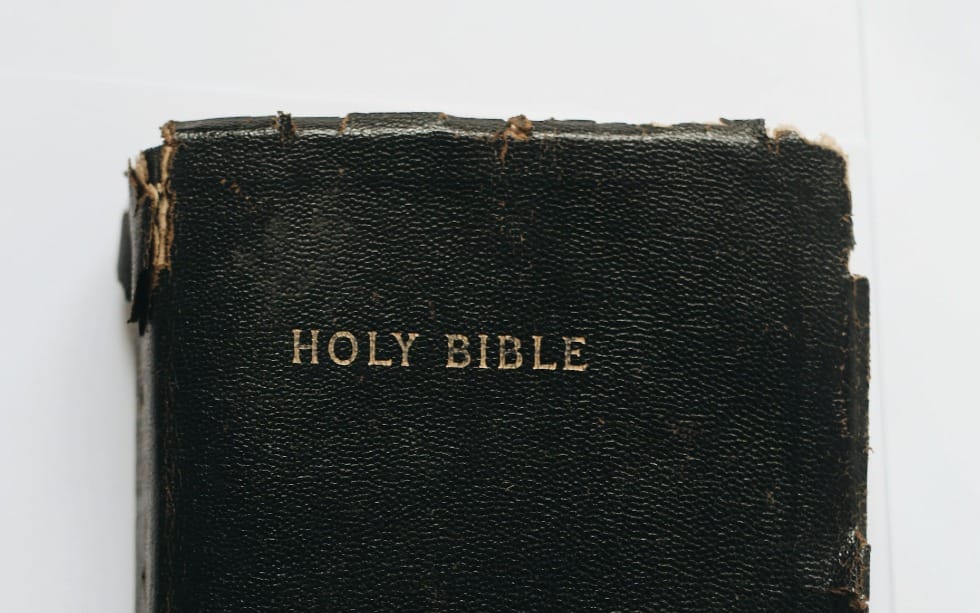Let Truth Speak Louder Than Defense (Acts 7-8)
Are you more concerned with defending yourself or defending the gospel? Stephen chose the latter and gave his life for a message meant for all

Acts 7-8
Today's Scripture Passage
A Few Thoughts to Consider
What was the real cause of the first Christian martyr?
In Acts 7, Stephen is brought before the Jewish council, where he offers his defense—making him what some would call the first Christian apologist. This defense has little to do with his personal well-being and everything to do with defending the gospel.
Stephen offers his defense before the Sanhedrin by recounting the history of Israel, highlighting God's continual guidance from Abraham through Moses to Solomon. He emphasizes how their ancestors repeatedly resisted God's messengers and disobeyed his laws. Conrad Gempf writes, “Stephen was, among other things, reminding his audience that the features of Judaism they were so concerned to protect were themselves at one point changes in the traditions.”[1] Gempf goes on to state that the temple itself “was a change to the customs handed down by Moses (6:14), which concerned a tabernacle built at God’s direction. This was a change tolerated, but not initiated, by God. Stephen was no more against Judaism than the Jewish Scripture itself, as expressed through the prophet Isaiah, whom he quoted (Is. 66).”[2]
As F.F. Bruce writes, “A major theme of the speech is its insistence that the presence of God is not restricted to any one land or to any material building. God revealed himself to Abraham long before Abraham settled in the holy land; he was with Joseph in Egypt; he gave his law to the people of Israel through Moses when they were wanderers in a wilderness.”[3] Thus, “a movable tent such as they had in the wilderness and in the earlier years of their settlement in Canaan was a more fitting shrine for the divine presence in their midst than the fixed structure of stone that King Solomon built.”[4]
Worship of God wasn’t meant to be limited to a geographical location or a specific people group. It was all people, at all times, and in all places. This was too much for the council to take. But what really sets them off is Stephen’s closing statement in verses 51-52, where he says, 51 “You stiff-necked people with uncircumcised hearts and ears! You are always resisting the Holy Spirit. As your ancestors did, you do also. 52 Which of the prophets did your ancestors not persecute? They even killed those who foretold the coming of the Righteous One, whose betrayers and murderers you have now become.”
By calling them stiff-necked people, Stephen was linking them to the very people God had complained about in the past, such as in Exodus 33:5 when God said to Moses, “Tell the Israelites: You are a stiff-necked people.” Stephen is saying these religious leaders have become the very thing they said they stood against. Just as their ancestors had rejected God’s plan for redemption, so they had rejected Jesus the Messiah. For these statements, Stephen is stoned to death.
A Meditation to PRAY
Praise: Father, I praise you for your omnipresence, which is not confined to any land or temple. You revealed yourself to Abraham in distant lands, were with Joseph in Egypt, and guided the Israelites through the wilderness. I exalt you for sending Jesus, whose gospel is for everyone everywhere.





